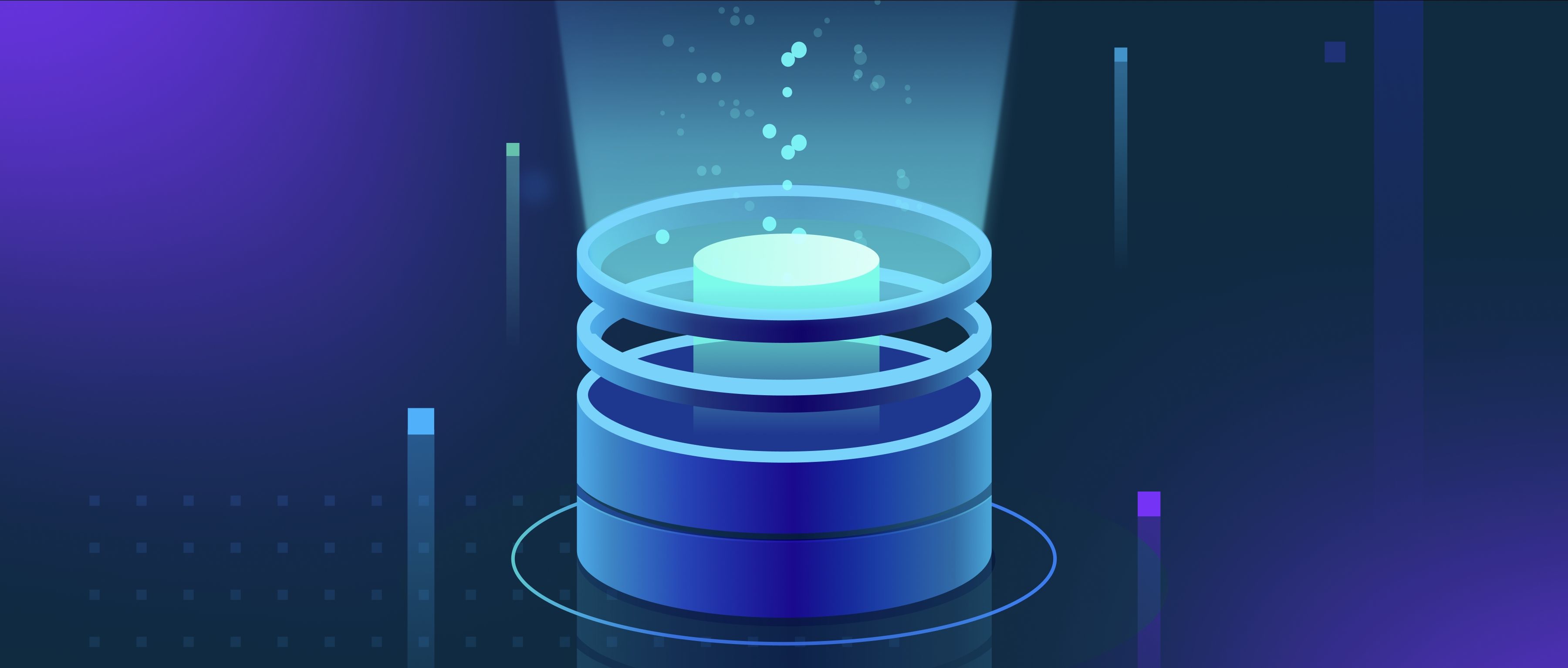Reinforcement learning (RL) in OpenAI refers to a type of machine learning where an agent learns to make decisions by interacting with an environment to maximize a reward signal. In this framework, the agent performs actions based on its current state and receives feedback in the form of rewards or penalties. The goal is to develop a policy, which is a strategy for selecting actions based on the state of the environment, that maximizes the cumulative reward over time. This process involves exploration, where the agent tries new actions, and exploitation, where it utilizes the knowledge it has already gained.
A prominent example of reinforcement learning in OpenAI is the use of the Proximal Policy Optimization (PPO) algorithm. PPO is designed to strike a balance between exploration and exploitation, ensuring that the agent learns efficiently without making drastic changes to its policy at each step. This often involves running numerous simulations or games where the agent learns by trial and error. For instance, OpenAI's agents have been trained in environments like the game of Dota 2 or the board game complex tasks like Go, where they learn to play by receiving feedback on their performance.
Moreover, OpenAI provides various tools and libraries, such as Gym, which is an environment for developing and testing reinforcement learning algorithms. Gym offers standard environments where developers can implement their algorithms and benchmark them against others. By using these tools, developers can focus on designing and refining RL algorithms without having to build environments from scratch. Overall, reinforcement learning in OpenAI empowers developers to create intelligent systems capable of learning from their surroundings and improving performance over time.
